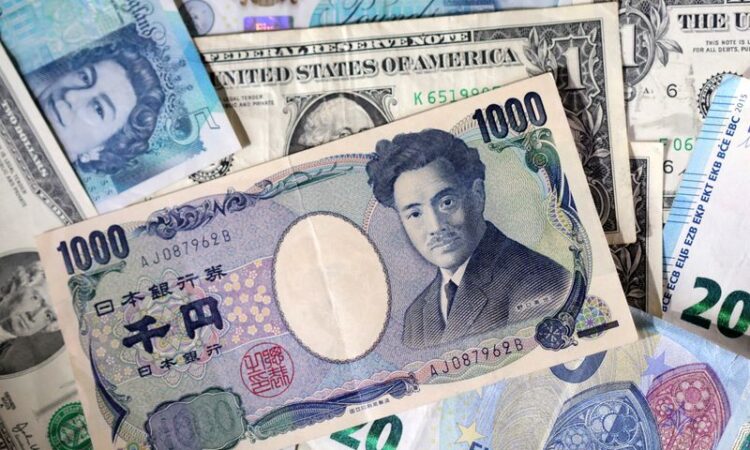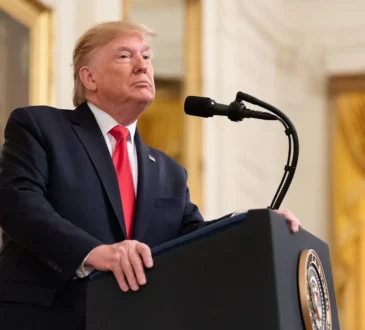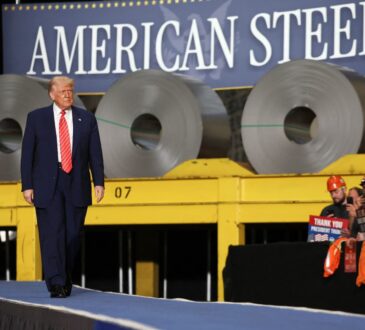
By Rae Wee
SINGAPORE (Reuters) -The yen fell on Thursday after the Bank of Japan (BOJ) left rates unchanged, while other currencies held in tight ranges as investors weighed a trade agreement between U.S. President Donald Trump and Chinese President Xi Jinping.
Trump said he had agreed to trim tariffs on China in exchange for Beijing resuming U.S. soybean purchases, keeping rare earths exports flowing and cracking down on the illicit trade of fentanyl. But details were scant and China has offered little clarity.
The BOJ maintained its policy rate at 0.5% as expected at the conclusion of its two-day monetary policy meeting, but repeated its pledge to continue increasing borrowing costs if the economy moves in line with its projections.
Still, investors saw the decision as a cautious one from the BOJ, with only two policymakers again calling for a hike – the same as in September – underscoring the central bank’s gradual pace in normalising policy.
At a post-meeting press conference, BOJ Governor Kazuo Ueda also offered little detail on when the central bank could next raise rates.
That heaped pressure on the yen, which slid to an 8-1/2-month low of 153.89 per dollar.
The Japanese currency similarly fell to an all-time low against the euro of 178.7, while sterling was up 0.5% at 202.45 yen.
“The market wasn’t expecting a hike anyway, but I think the market was kind of disappointed that the number of dissenters remained at two,” said Sim Moh Siong, a currency strategist at Bank of Singapore.
“There’s a contrast here between a Bank of Japan that’s still cautious in terms of rate hikes, and a (Federal Reserve) that’s cautious in terms of rate cuts.”
TRUMP-XI MEET AND FED’S HAWKISH SURPRISE
In the broader market, stocks were choppy while currencies and bonds were largely muted as details slowly emerged from the Trump-Xi meeting in South Korea. In recent days, Trump had repeatedly talked up the prospect of reaching an agreement with Xi to de-escalate tensions.
While most investors viewed the outcome as positive, many remained cautious on how long the thaw in icy trade relations would last. Previous trade negotiations have seen promising starts followed by setbacks.
“The bottom line is that China and the U.S. are probably the most important strategic competitors of each other in the global context. So you cannot expect the kind of trade agreement we saw during the globalisation era… Any agreement will be unstable in nature, both sides could change,” said Vincent Chan, China strategist at Aletheia Capital.




